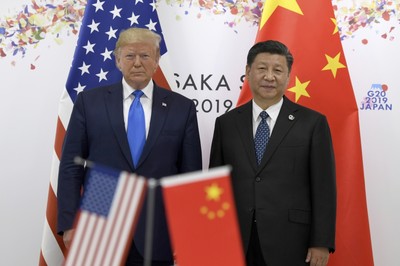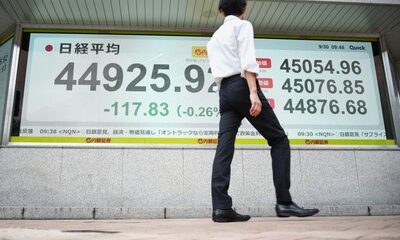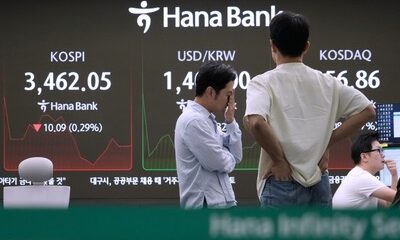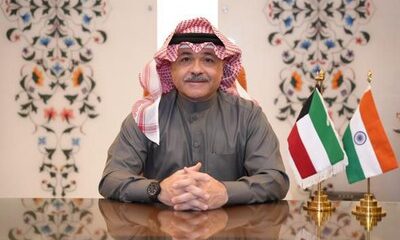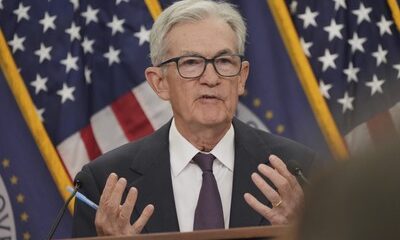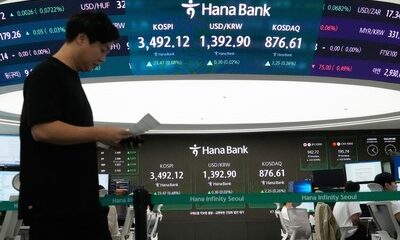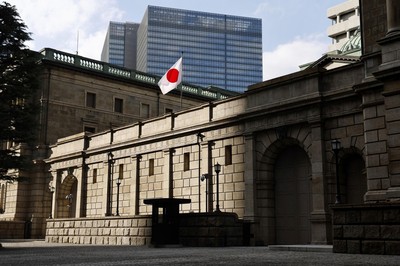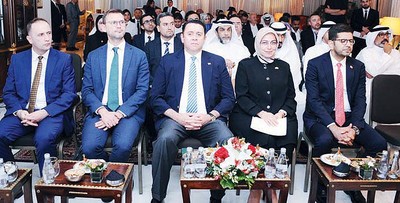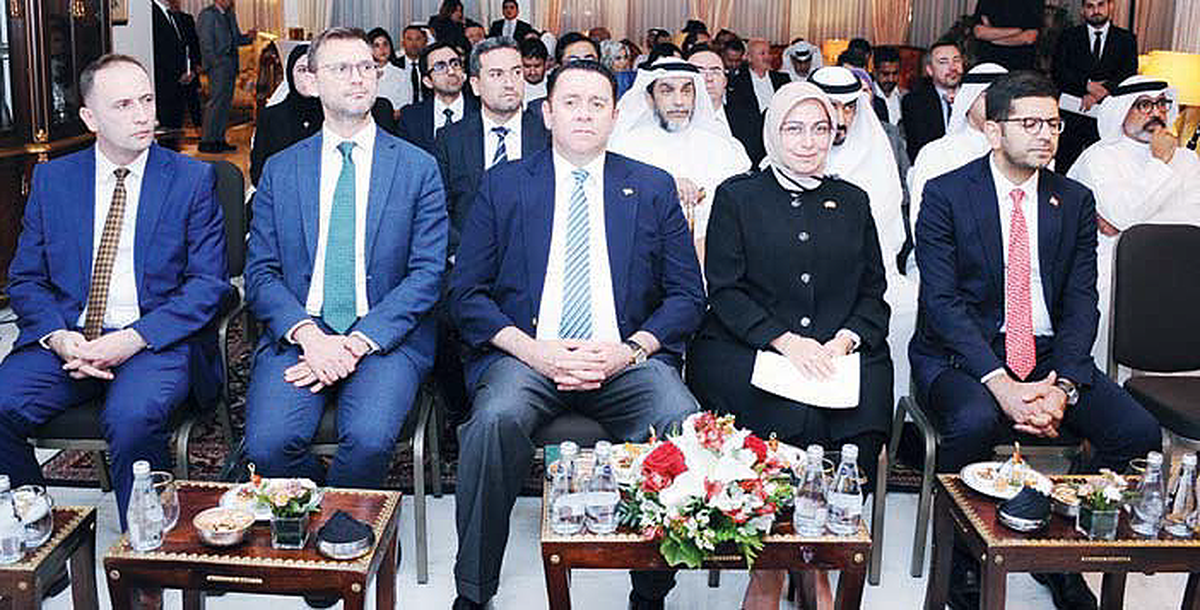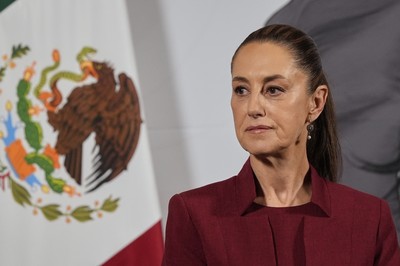HONG KONG, May 12, (AP): World shares and U.S. futures surged Monday after the U.S. and China announced they were suspending for 90 days most of the sharp tariff hikes each has imposed since U.S. President Donald Trump began escalating his trade war.
A joint statement said that for a 90-day period, the U.S. will cut tariffs on Chinese goods to 30% from as high as 145%. China said its tariffs on U.S. goods will fall to 10% from 125%. The agreement to allow time for more talks followed weekend negotiations in Geneva, Switzerland, that the U.S. side said had made ” substantial progress.”
The full impact on the complicated tariffs and other trade penalties enacted by Washington and Beijing remains unclear. And much depends on whether they will find ways to bridge longstanding differences during the 90-day suspension.
But as trade envoys from the world’s two biggest economies blinked, finding ways to pull back from potentially massive disruptions to world trade and their own markets, investors rejoiced.
The future for the S&P 500 jumped 2.6% and that for the Dow Jones Industrial Average was up 2%. Oil prices rallied, with U.S. benchmark crude oil gaining $1.66 to $62.68 per barrel. Brent crude, the international standard, added $1.63 to $65.55 per barrel. The U.S. dollar surged against the Japanese yen, trading at 148.18 Japanese yen, up from 146.17 yen.
The euro fell to $1.1107 from $1.1209. In other stock trading, Tokyo’s market closed before the joint statement was issued, gaining less than 0.1% to 37,644.26. But Hong Kong’s, which closes later, jumped 3% to 23,558.11. Germany’s DAX gained 1% to 23,723.55 and the CAC 40 in Paris added 0.8% to 7,805.62. Britain’s FTSE 100 edged 0.1% higher, to 8,560.42.
Investors were also watching for developments in other flashpoints including clashes between India and Pakistan, the war in Ukraine, and conflict in the Middle East.
The Sensex in Mumbai shot up 3.2% after India and Pakistan agreed to a truce after talks to defuse their most serious military confrontation in decades. The two armies have exchanged gunfire, artillery strikes, missiles, and drones that killed dozens of people.
Pakistan’s KSE 100 surged more than 9% and trading was halted for one hour following a spike driven by the ceasefire and an International Monetary Fund decision Friday to disburse about $1 billion of a bailout package for its battered economy. The Shanghai Composite Index picked up 0.8% to 3,369.24.
Chinese EV battery maker CATL, or Contemporary Amperex Technology Co., Ltd., said in a prospectus filed with the Hong Kong Stock Exchange that it plans to raise nearly $4 billion in a share listing.
Elsewhere in Asia, the Kospi in Seoul gained 1.2% to 2,607.33. Australia’s S&P/ASX 200 climbed less than 0.1% to 8,233.50. Taiwan’s Taiex gained 1%. On Friday, U.S. stocks drifted, with the S&P 500 edging 0.1% lower.
Last week was the first in seven where the index at the heart of many 401(k) accounts moved by less than 1.5%, after careening on fears about President Donald Trump’s trade war and hopes that he’ll relent on some of his tariffs.
The Dow dipped 0.3%, while the Nasdaq composite edged up by less than 0.1%. Apart from trade talks and other geopolitical factors, the flow of earnings reports for the start of the year from companies is slowing but still moving markets.

 Latest News22 hours ago
Latest News22 hours ago
 Politics8 hours ago
Politics8 hours ago
 Business15 hours ago
Business15 hours ago
 Latest News15 hours ago
Latest News15 hours ago
 Latest News13 hours ago
Latest News13 hours ago
 Latest News6 hours ago
Latest News6 hours ago
 Politics5 hours ago
Politics5 hours ago
 Latest News5 hours ago
Latest News5 hours ago
